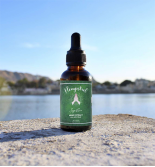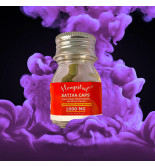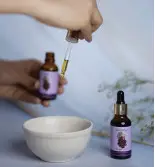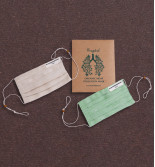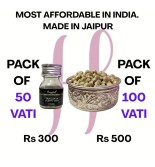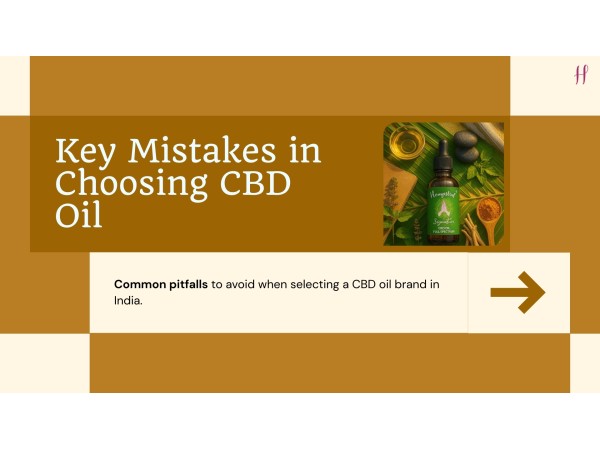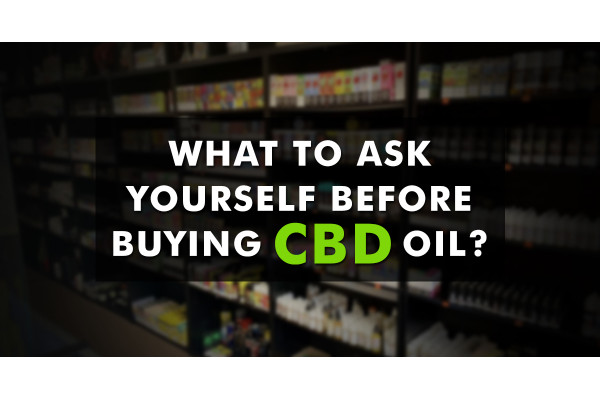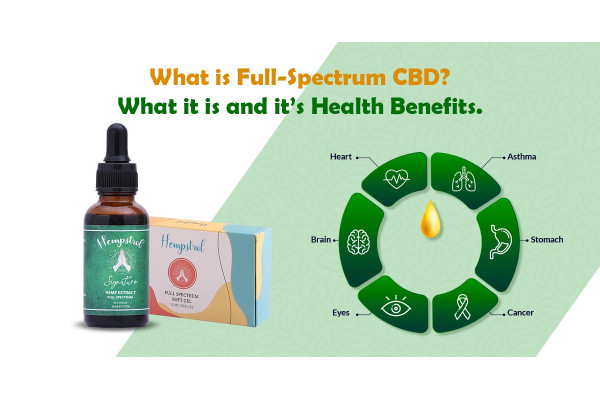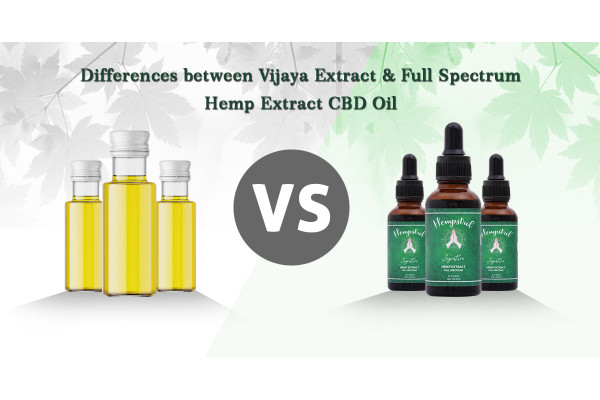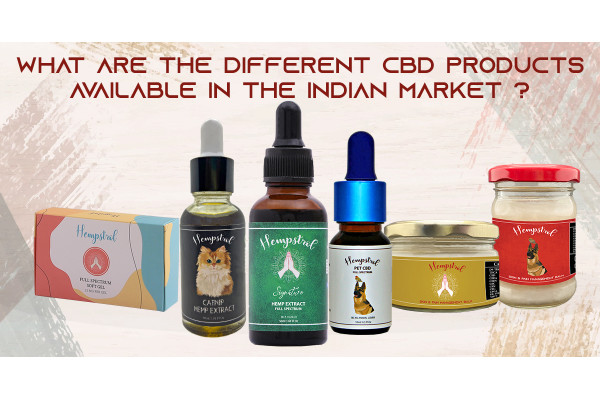Key Mistakes to Steer Clear of When Choosing a CBD Oil Brand in India
As awareness around wellness continues to grow in India, CBD oil (Cannabidiol oil) is quietly emerging as a trusted companion for those dealing with stress, anxiety, chronic pain, sleep disorders, and inflammation. With more people turning to this natural plant-based extract,cbd oil manufacturer in India are making their way into the Indian market with new medicine formulations.
However, with this growing popularity comes an important reality: not all CBD brands are created equal. In a market that’s still evolving and lightly regulated, it’s all too easy to fall into the trap of buying a substandard or ineffective product, especially if you’re new to CBD.
To help you avoid that, this article outlines the key mistakes you should steer clear of when choosing a cbd oil manufacturer in India—so your wellness journey starts with confidence and clarity.
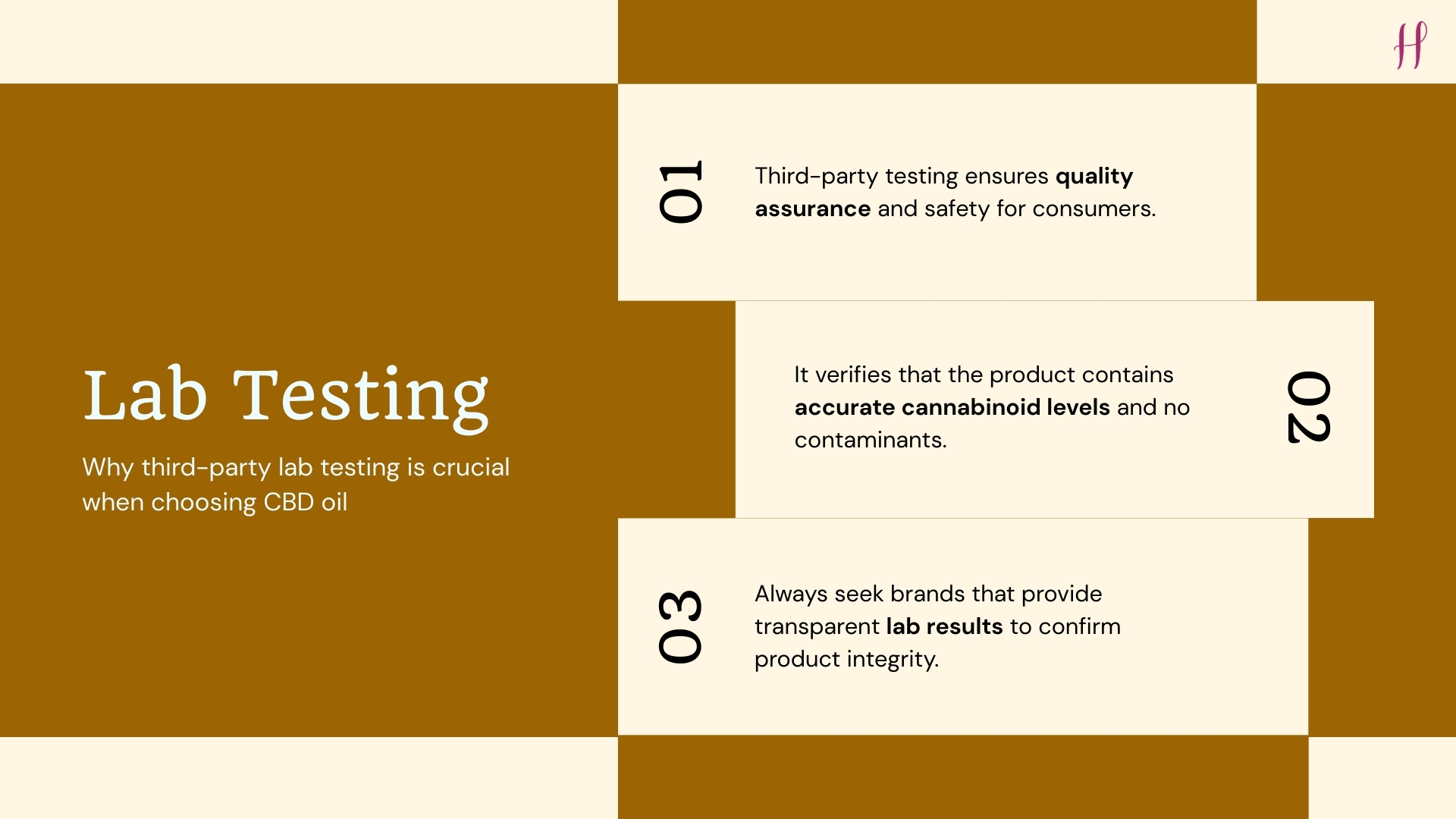
1. Overlooking Third-Party Lab Testing
The biggest red flag? No lab results.
CBD oil is a plant-based extract, and like any consumable product, it must be tested for safety, potency, and purity. Reputable brands always provide third-party lab reports—commonly referred to as Certificates of Analysis (COAs)—which confirm:
Actual CBD and THC content
Absence of heavy metals, pesticides, and microbial contaminants
Label accuracy and product integrity
Why this matters:
A 2022 global review by Leafreport found that more than 50% of CBD products had incorrect CBD concentrations compared to what was printed on their labels.
What to do instead:
Avoid any brand that doesn’t openly publish its lab results on the website or refuses to share them on request.
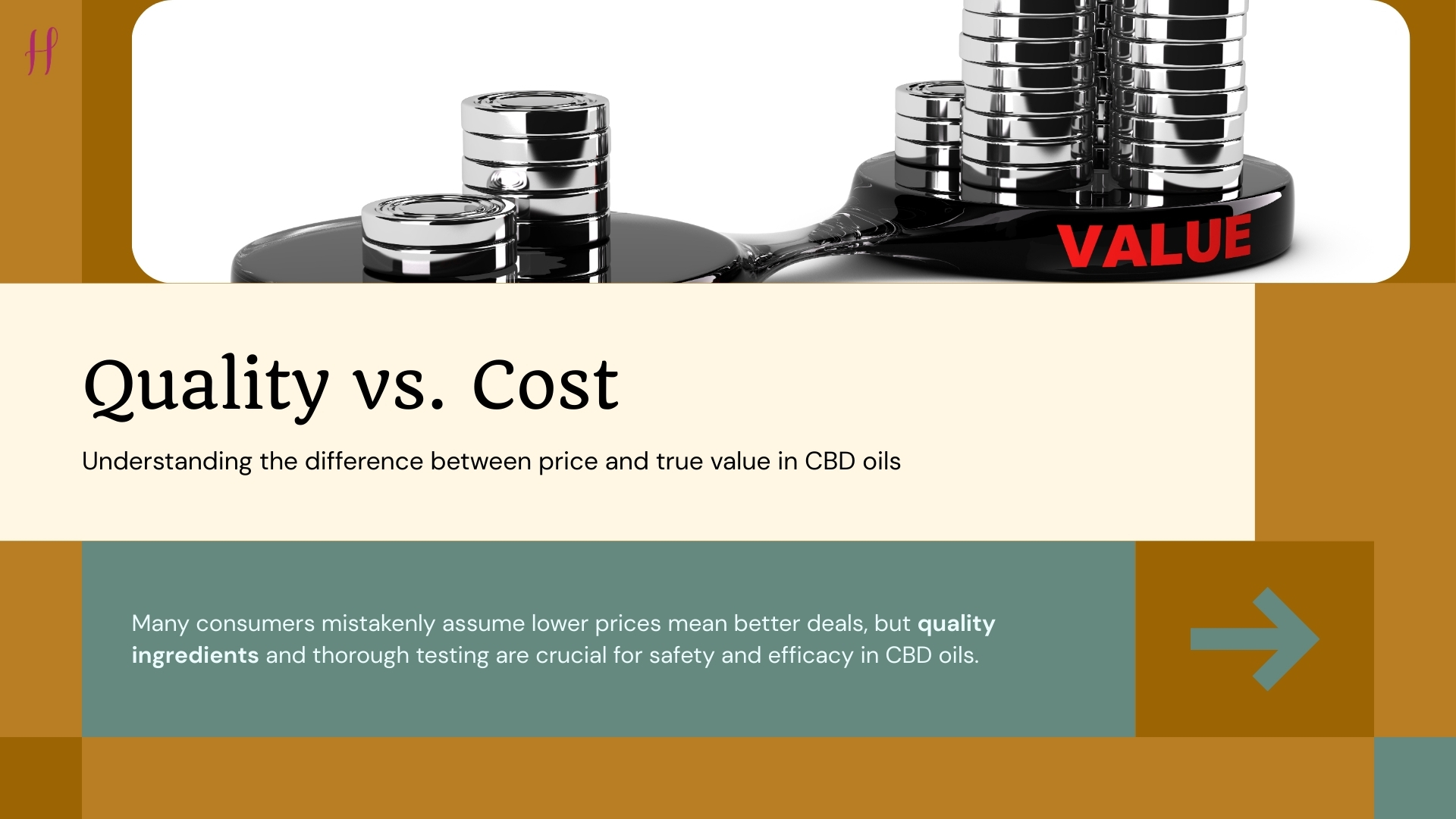
2. Confusing Low Price with Good Value
In a country where cost often drives decisions, it’s tempting to opt for the cheapest CBD oil available. But CBD extraction, especially when done right (e.g., CO2 extraction), is a sophisticated and expensive process. When choosing pure cbd oil price must be judged on following factors:
Low price can indicate:
Poor quality hemp
Inefficient or harmful extraction methods
Inaccurate dosing
Lack of testing or standardisation
What to do instead:
Look for value, not just cost—a moderately priced product that is safe, lab-tested, and effective offers far more long-term benefit than a budget buy that doesn’t work.
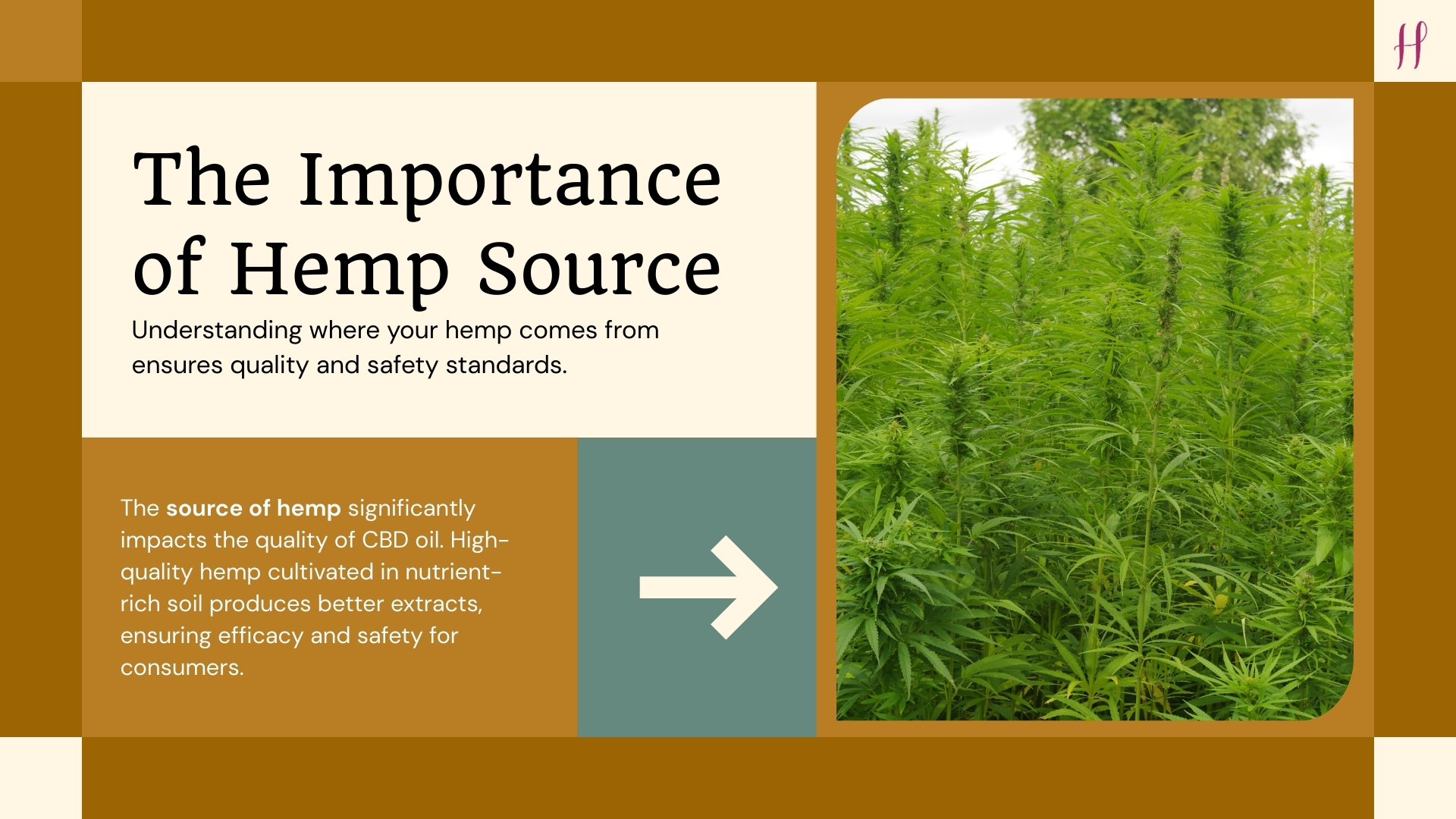
3. Not Checking the Source of Hemp
Hemp is a bioaccumulator, which means it absorbs everything from the soil—nutrients, yes, but also heavy metals and toxins. That’s why where the hemp is grown plays a big role in the quality of the final CBD product.
Top-quality CBD oil typically comes from:
Organically grown hemp
Farms in regions with strict agricultural standards like Uttarakhand (India), Colorado (USA), or Europe
What to do instead:
Choose brands that are transparent about their hemp sourcing and cultivation practices. A good brand will proudly display the origin of its hemp.
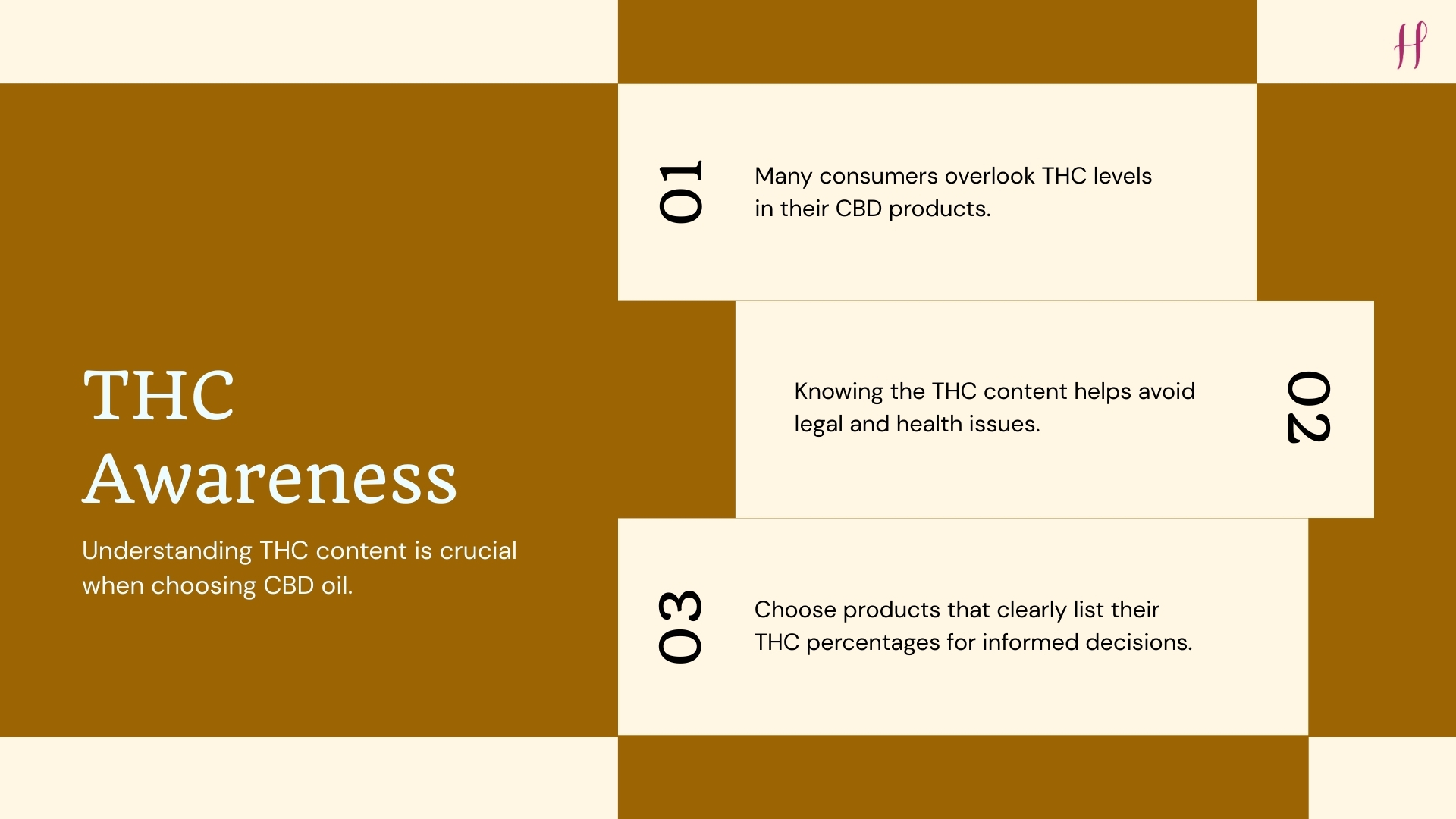
4. Ignoring the THC Content
In India, THC (Tetrahydrocannabinol) content is a sensitive matter. While CBD is non-psychoactive, some products include trace amounts of THC—either legally (under Ayurvedic licensing) or unknowingly.
Consuming THC above 0.3% (without prescription) can be:
Legally risky
Unpleasant if you’re sensitive to its psychoactive effects
Problematic for those undergoing drug testing
What to do instead:
Always check the product label and the COA for THC percentage. If you're uncomfortable with any THC content, choose a CBD isolate or broad-spectrum CBD product.

5. Choosing a Brand Without a Doctor Consultation or Support
CBD dosing isn’t one-size-fits-all. It varies depending on:
Age and body weight
Health condition being addressed
CBD tolerance level
Other medications you may be taking
Some Indian brands now offer free or paid consultations with Ayurvedic doctors to guide first-time users.
What to do instead:
Don’t guess your dosage or start without guidance. Choose a brand that either:
Offers access to a certified doctor or wellness coach, or
Provides detailed dosing instructions by body weight or condition
6. Falling for Vague or Overhyped Marketing
If a brand promises that its CBD oil will “cure anxiety overnight”, or uses unscientific language like “miracle elixir”, it’s best to be cautious. CBD is a supportive therapy, not a miracle drug. It works best with consistency and in conjunction with a healthy lifestyle.
What to do instead:
Trust brands that offer:
Transparent, research-backed claims
Clear explanation of CBD’s effects, limitations, and usage
Realistic timelines for results
Bonus Tip:
If a brand doesn’t mention the endocannabinoid system or how CBD interacts with your body, they might not truly understand what they’re selling.
7. Neglecting to Check the Type of CBD Extract
CBD oils are available in three main forms:
Full-spectrum: Includes all cannabinoids (including a trace of THC), terpenes, and flavonoids
Broad-spectrum: Similar to full-spectrum but THC-free
CBD isolate: Pure CBD with no other plant compounds
Each type offers different effects. For example, full-spectrum products are believed to offer an “entourage effect”, where cannabinoids work synergistically for greater benefit.
What to do instead:
Decide what suits your needs:
For anxiety and inflammation: full-spectrum may work best
For beginners or those avoiding THC: broad-spectrum or isolate is ideal
8. Skipping the Fine Print: Ingredients and Carrier Oils
The carrier oil used in CBD products affects absorption, digestion, and effectiveness. High-quality CBD oils typically use:
MCT oil (from coconut): Fast absorption
Hemp seed oil: Nutrient-rich and gut-friendly
Olive oil: Mild and digestive-safe
Avoid CBD products with:
Artificial flavors or additives
Synthetic cannabinoids
Unfamiliar or vague ingredients
What to do instead:
Read the full label and choose clean, minimal formulas with carrier oils you recognize and trust.
At last, make a Mindful Choice, Not a Risky One
Choosing a CBD oil brand in India doesn’t have to feel like navigating a maze. With a growing market comes responsibility—from both brands and buyers. By avoiding these key mistakes, you protect yourself from wasting money, risking your health, or missing out on the real benefits CBD has to offer.
So before you buy, take a pause. Ask the right questions:
Where is this product coming from?
Is it tested, legal, and transparent?
Does the brand offer real guidance—or just clever marketing?
CBD oil has the potential to elevate your wellness journey—but only when chosen wisely.
Let your purchase be guided by knowledge, not hype. Because wellness, after all, should never be a gamble.
